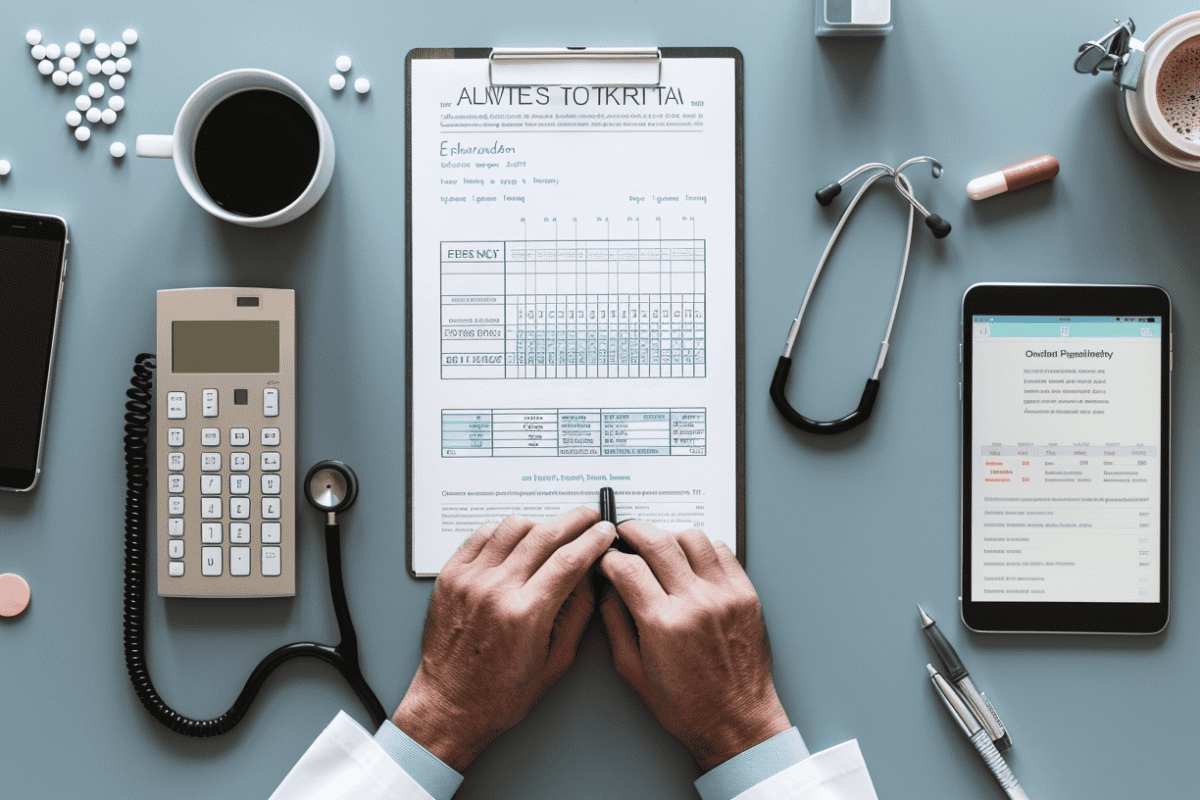The healthcare industry is heavily regulated, and for good reason: Both patients and providers need to be protected from the exceedingly high risks of practicing medicine. Even so, not all healthcare providers always follow every regulation to the T; older providers and smaller providers simply might not have the resources to remain completely compliant with each and every rule.
Unfortunately, the regulations that are most often bent or broken tend to be related to HIPAA, the federal law that determines why, when and how providers may disclose patient health information. Unfortunately, HIPAA violations are serious and can cost healthcare providers dearly. To ensure that all providers can continue practicing — and to ensure that all patients are properly protected — here are a few of the more common compliance mistakes related to HIPAA that providers should watch out for.
Human Error
To err is human, but when it comes to patient health records, providers need to be as unerring as possible. Employees often make honest mistakes that result in data exposure; some of those mistakes are easier for providers to avoid, and some are almost inevitable.
For example, when it comes to cybersecurity, there are many precautions providers can take to reduce the impact of human error. Employers can train employees to be adept at identifying phishing links that might download malware and cause a data breach, and organizations can implement strong cybersecurity solutions that detect and prevent cyberattacks.
However, other errors are much more difficult to avoid. Patients with identical names and birthdays might have their files mixed up; providers might momentarily leave patient records in view of the office; a new admin might send the wrong information to the wrong destination. Consistent HIPAA training and healthcare leaders providing an example of error-free behavior can keep mistakes under control and prevent disastrous and costly violations.
Unsecured Records
Because patient health records tend to be a treasure trove of valuable information, thieves will try to get hold of them in any way they can. Therefore, in every way that patients can be secured, they should be secured. Ideally, hard copies of records should be kept in a space that has limited access and which is largely kept locked. Digital records need to be heavily protected by robust cybersecurity solutions. Providers who do not have the time, expertise or energy to properly secure their patient records need to hire a medical information management specialist to ensure that they are fully HIPAA compliant and at a low risk of exposure.
Insecure Transfer
Transferring health information outside of a provider’s office should be a significant cause for concern, as it is during this process that most HIPAA violations occur. Health information must always be secure, accessible only to the patient and other approved health providers. Yet, when data moves from one place to another, it is at serious risk of exposure to non-approved parties.
For example, email is notoriously insecure, and hackers can easily obtain access to messages or attachments sent through regular email services. Similarly, phone messages, including both texts and voicemails, can be hacked by criminals or obtained by any individual with access to a user’s phone.
Digital patient information must be transferred only via specialized encrypted services, which require patient or provider identification to utilize. Before providers can deliver patient information over telecommunications, they must be able to verify a user’s identity, as well. All staff must be trained in these procedures to ensure total HIPAA compliance during information transfer.
Incorrect Disposal
Some providers might assume that if they regularly discard patient information, they can lower their risk of HIPAA non-compliance — but they are wrong. Incorrect disposal of protected information could result in exposure of sensitive data, which is certainly a HIPAA violation that will result in steep fines. It is not enough to toss expired patient records in the trash; any materials that contain records with protected information need to be thoroughly shredded, and that includes both paper files and computer hard drives. Providers might take advantage of professional medical shredding services to be certain that they are disposing of records in acceptable ways.
Providers need to know the ins and outs of HIPAA and take pains to avoid falling into non-compliance. With exhaustive staff training and the right tools and services to help, providers should be able to avoid the worst HIPAA penalties and continue practicing as usual.
Digital Health Buzz!
Digital Health Buzz! aims to be the destination of choice when it comes to what’s happening in the digital health world. We are not about news and views, but informative articles and thoughts to apply in your business.


